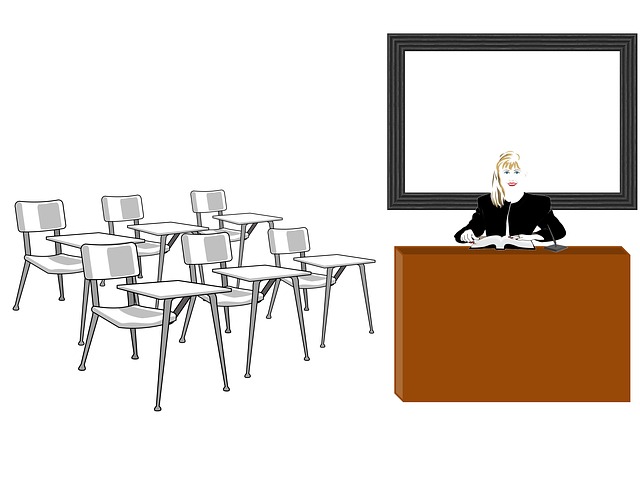Level 2 idioms – Unit 08

Conversation:
Mrs. Dix: Jason, could I have a word with you?
Jason: Sure Mrs. Dix. What’s up?
Mrs. Dix: I’ve put up with your poor behavior for weeks now, and I won’t stand for it in my class anymore. If you continue to fool around, I’m going to ask you to leave the class.
Jason: I’m sorry Mrs. Dix. It’s just that I’m finding this class somewhat difficult. For example, I can’t come up with an idea for my class project, and I’m having trouble keeping track of when everything is due.
Mrs. Dix: Have you tried using a personal organizer? It’s especially good for people on the go.
Jason: No, I never thought of that. Thanks for the tip.
Mrs. Dix: I should also point out that the deadline for your project idea is this Friday. It really burns me up when students miss deadlines, so make sure you don’t miss it. I suggest you look over a list of project titles from last term to give you some ideas. They’re posted outside my office.
Jason: That’s a good idea, Mrs. Dix. I guess I’ve got my work cut out for me. I’ll have a look at the list and get in touch with you before Friday.
Click on the audio recording below to hear the lesson.
Vocabulary:
behavior: the way someone acts
somewhat: a little
project: an independent production by a student that takes time to complete
due: supposed to be given to the teacher
personal organizer: a weekly calendar book
especially: really
tip: advice
deadline: last possible date
titles: names that students give to their projects to say what the work is about
term: the length of a class, usually 3 to 4 months
posted: put on the wall for everyone to read
Idioms:
• have a word (with someone) have a short private conversation
• put up with tolerate
• won’t stand for not allow to be done
• fool around waste time by playing
• come up with create, think of
• keep track (of) keep informed about
• on the go always busy, always moving
• point out indicate
• burn (someone) up make (someone) angry
• look over read quickly
• have one’s work cut out for one have a hard job that one must do
• get in touch (with) communicate by phone, e-mail, or text message
Notes:
Won’t stand for and won’t sit still for mean the same thing.
Come up with and dream up mean the same thing.
On the go and on the run mean the same thing.
Your Score:
Your Ranking:
Your Score:
Your Ranking:
Your Score:
Your Ranking:
© 2004 Ambien Malecot








